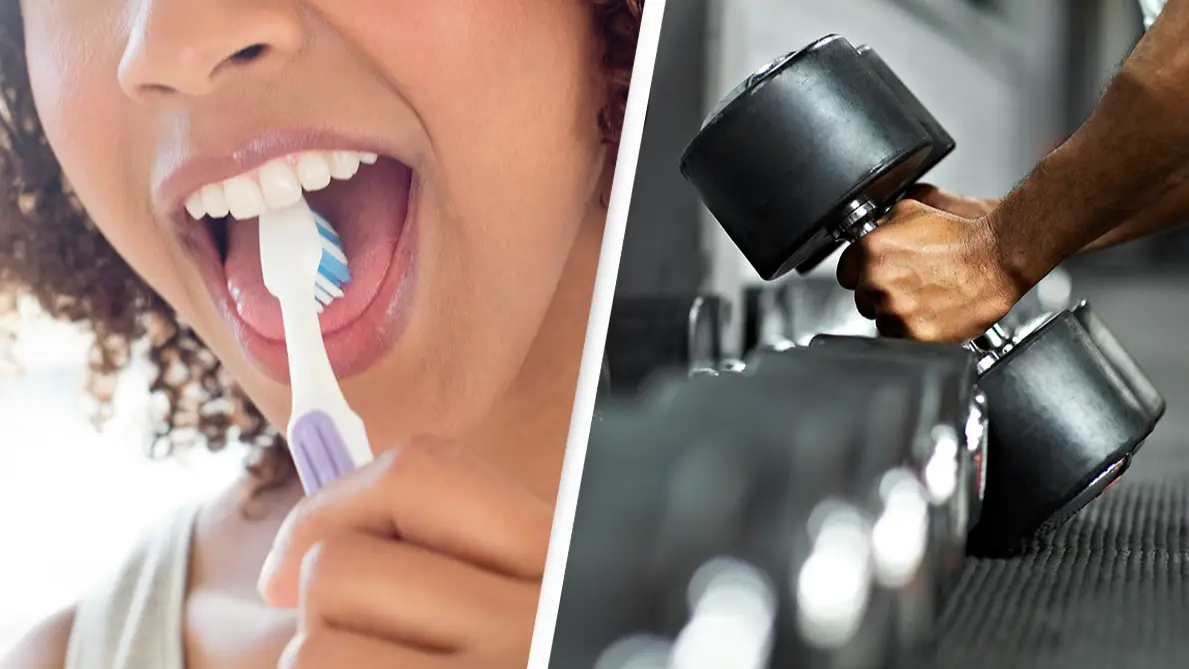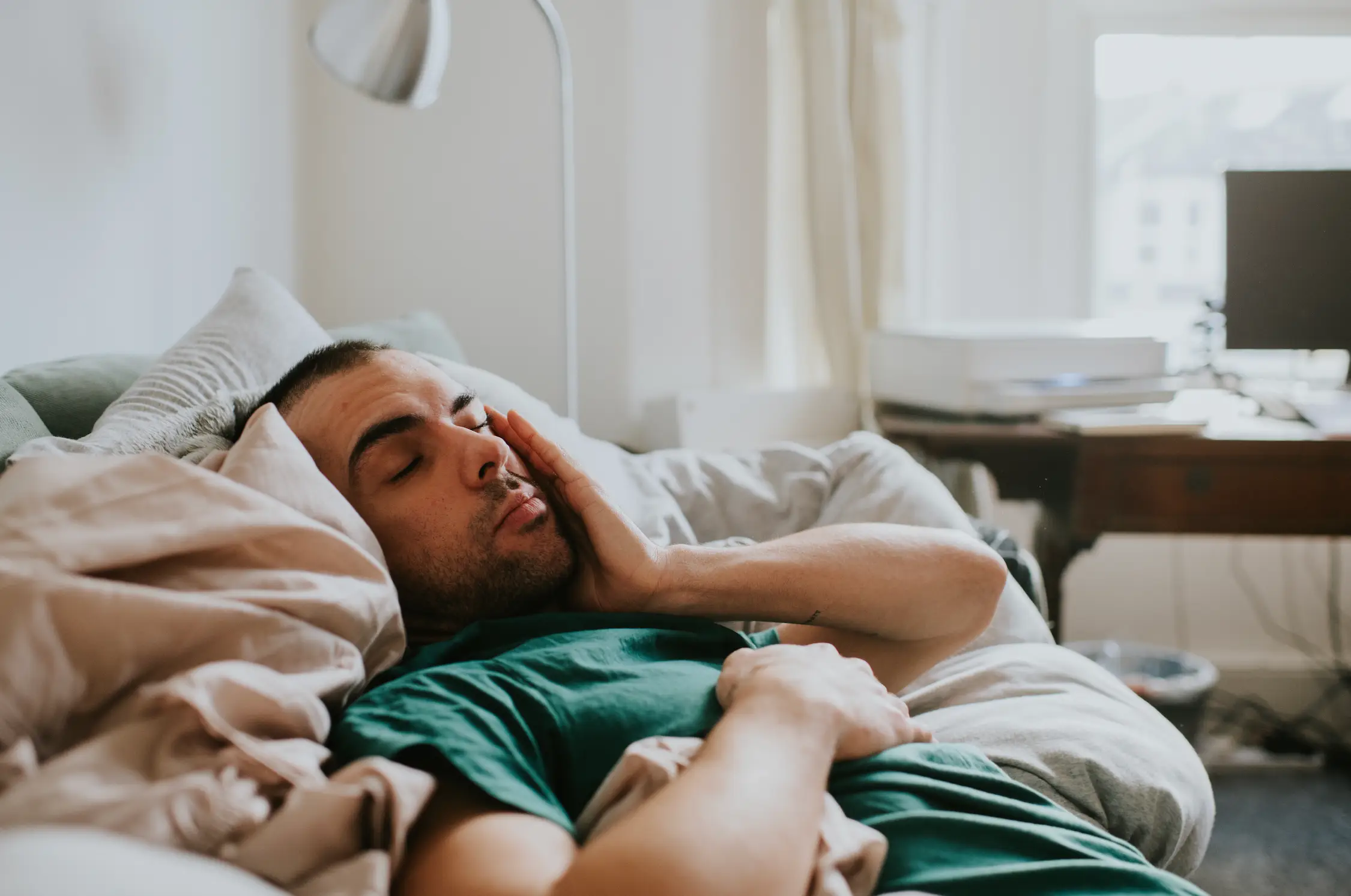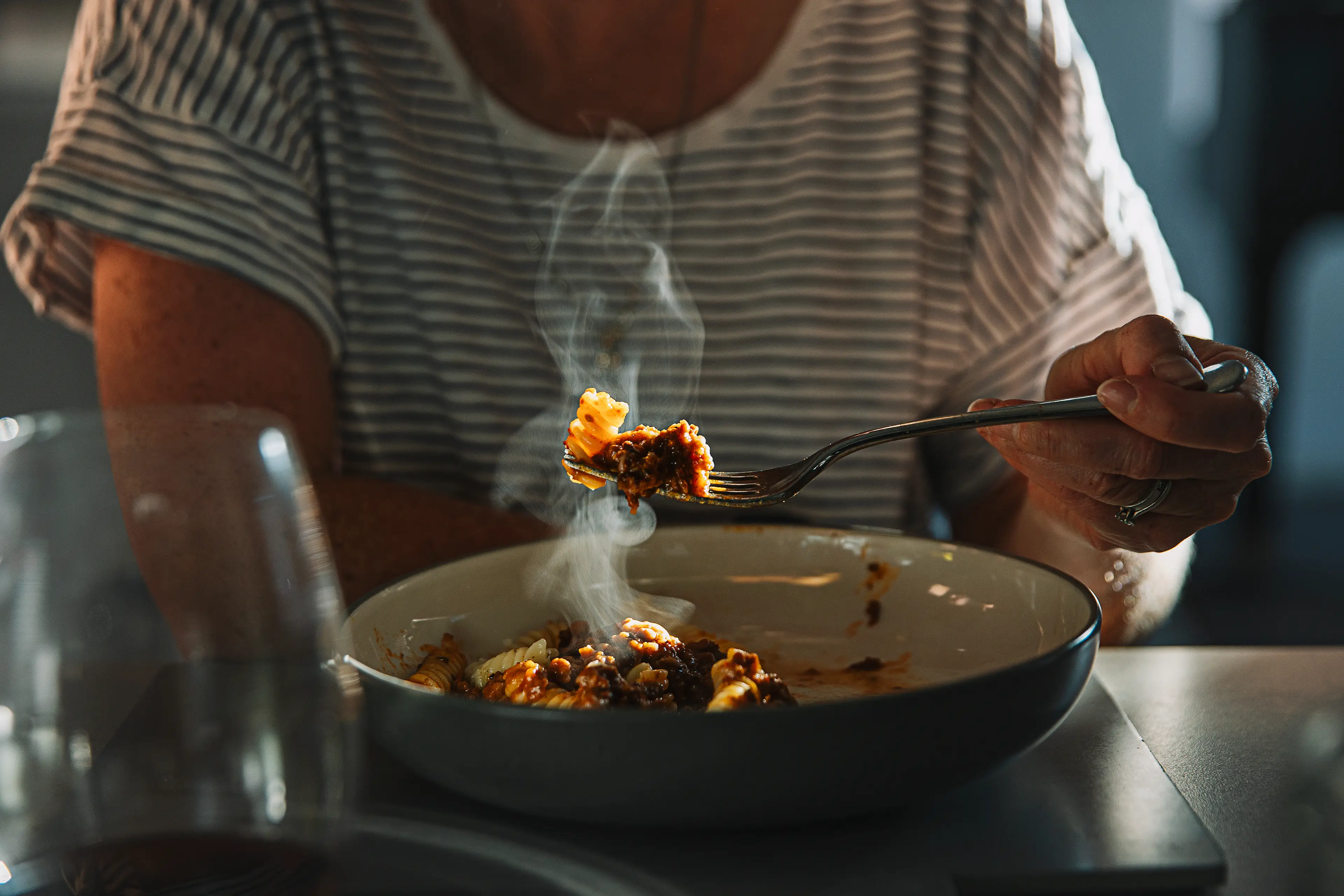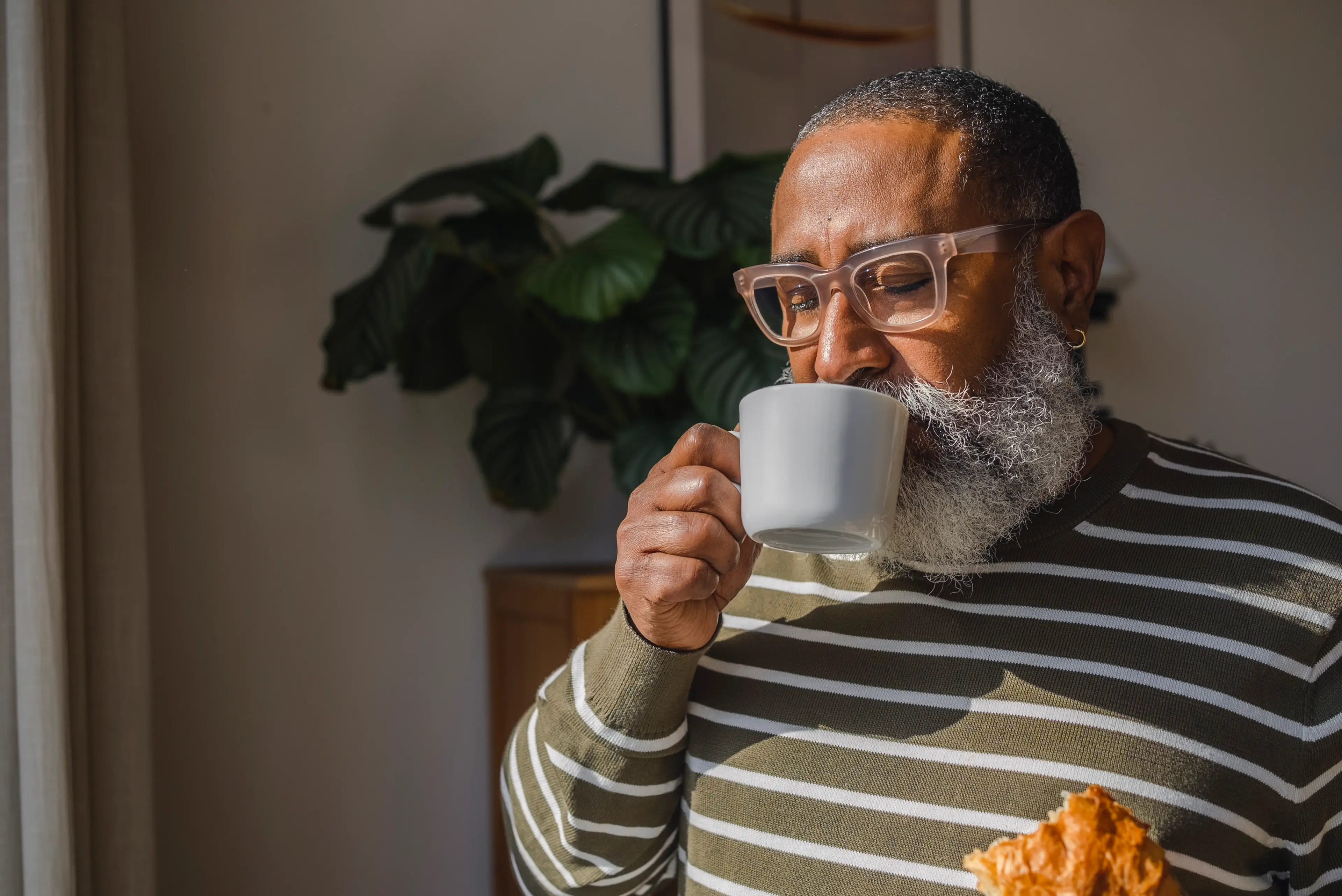
We've all become embroiled in some sort of lifestyle debate at one point in our lives.
Whether it's a question of brushing your teeth before OR after having breakfast, or exercising in the AM or the PM, there are millions of theories flying around out there surrounding the 'right way' to live your life.
But with healthcare professionals telling us one thing, dieticians telling us another, dentists telling us a third and personal trainers telling us a fourth, how are we ever expected to implement a routine that guarantees a prime happy and healthy life.
Advert
Well, according to one group of experts - a mix of neuroscientists, psychologists and dentists - there are only a handful of timings you should be implementing into your daily routine that can hugely improve your wellbeing.
These top tips are aimed at ensuring readers can make the most of each moment of their 24-hour day, and apparently, the correct way to kick this off is to set your alarm for 7.22am.
According to an investigation carried out by the University of Westminster, those who wake between 5.22am and 7.21am recorded higher levels of stress than late risers.

This isn't to promote the idea of a lie-in, however, as sleep expert Dr Neil Stanley confirmed that waking up at exactly 7.22am every single day is your best bet for low stress, being that consistency is best for longevity.
Moving on to breakfast - apparently, the optimal time to consume the 'most important meal of the day' is around 8am.
That's because, according to another study, those who ate their breakfast after 9am were found to have increased their risk of one day developing type two diabetes by 59%.
"We know that meal timing plays a key role in regulating circadian rhythms and glucose and lipid control," Anna Palomar Cros - a researcher at the Barcelona Institute for Global Health - told The Telegraph earlier this week.
Similar, you should be consuming your evening meal between 7-8pm to ensure proper sleep and avoid weight gain.

And there's no way of discussing breakfast before firstly concluding the age-old debate of whether you should brush your teeth before or after eating.
Apparently, there is, in fact, an answer to this paradox.
According to dentist Dr Shaadi Manouchehri, you could be ridding your teeth of dental enamel by brushing after you eat, and that by doing this, your also rubbing acid onto your teeth, which will eventually wear them down.
Adding that when we eat, our natural bacteria breaks produces acid to break down sugar in food.
So, if you brush your teeth quickly after eating, you're 'rubbing that acid on the teeth' which will wear them down.
And for coffee drinkers, there is reportedly a set time during the day in which you should consume your caffeine, but early-risers aren't going to like this.
The optimal time for your caramel soy macchiatos and pumpkin spice lattes is between the hours of 9am-2pm.

Coffee is purposed to boost your cortisol, which already peaks between 8am and 9am on average, so if you consume caffeine any earlier than that, you may not feel the full affects.
Similarly, drinking coffee after 2pm can be a dangerous game for those who like an early-night, being that if can take up to eight hours to wear off.
When it comes to working out, you have a little more flexibility, with fitness experts deeming the perfect times for exercise either being between 6.30-8.30am, or 6-8pm.
Early morning workouts have been proven to assist with reduce blood pressure and abdominal fat, whereas an evening session is said to help with building muscle and enhancing endurance.
Over-thinkers might be delighted to know that scientists also believe there is a optimal time of day to make important decisions.

According to Professor Russell Foster - a University of Oxford neuroscientist - our cognitive abilities and reaction times sour between the hours of 11am-noon.
And if you're someone partial to a power nap, a leading Japanese study determined that a 20 minute doze around 12:20pm could ensure you don't suffer an energy drop in the PM.
When it comes to hitting the hay, a study carried out by the European Heart Journal found drifting off between 10-11pm is best, as it can cut your risk of heart and circulatory disease.